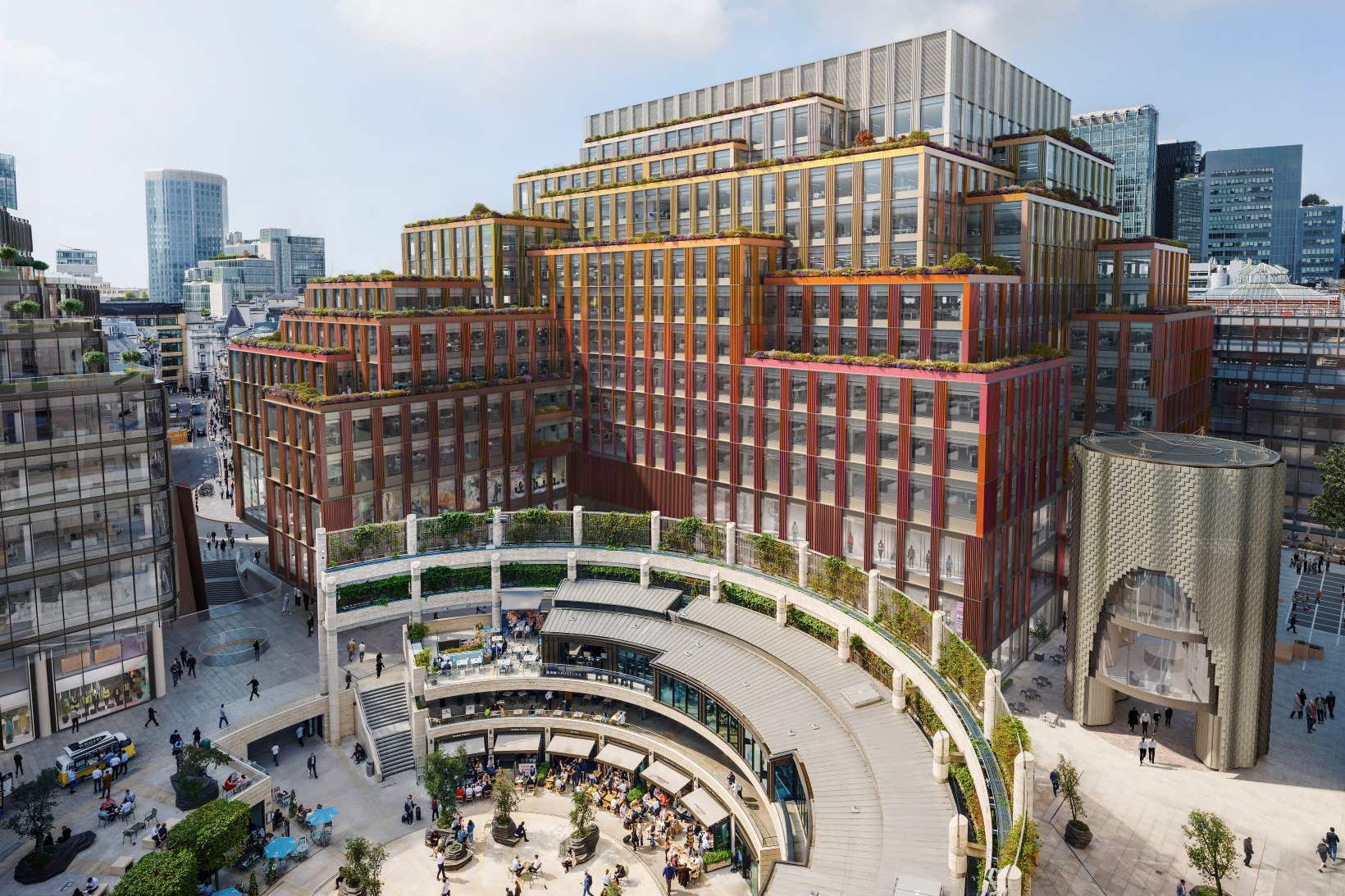British Land says property values slide further on higher borrowing costs
The firm’s pre-tax loss more than doubled from £20 million to £49 million in the six months to the end of September.

Your support helps us to tell the story
From reproductive rights to climate change to Big Tech, The Independent is on the ground when the story is developing. Whether it's investigating the financials of Elon Musk's pro-Trump PAC or producing our latest documentary, 'The A Word', which shines a light on the American women fighting for reproductive rights, we know how important it is to parse out the facts from the messaging.
At such a critical moment in US history, we need reporters on the ground. Your donation allows us to keep sending journalists to speak to both sides of the story.
The Independent is trusted by Americans across the entire political spectrum. And unlike many other quality news outlets, we choose not to lock Americans out of our reporting and analysis with paywalls. We believe quality journalism should be available to everyone, paid for by those who can afford it.
Your support makes all the difference.British Land has seen its losses widen as property values have been further hit by higher borrowing costs.
The property company said, though, that it is expecting UK interest rates to be approaching a peak.
Its pre-tax loss more than doubled from £20 million to £49 million in the six months to the end of September, compared with the same period last year.
It came as values across the group’s property portfolio were down 2.5% to £8.7 billion over the half year – wiping nearly £200 billion off its portfolio value year on year.
The decline was driven by rising interest rates and market expectations that rates are set to stay higher for longer.
The commercial landlord owns offices, homes and shopping centres in mixed-use areas it calls “campuses” in areas including Paddington Central, Regent’s Place and Broadgate in London.
We are benefiting from our decision to pursue a value-add strategy across campuses, retail parks and London urban logistics
The value of campuses slid by 4% over the latest half, with higher property yields and investment impacted by “macroeconomic and geopolitical uncertainty”, the property giant said.
The value of its retail parks edged up by 0.2%, with demand resilient as people opt to visit the cheaper and more accessible centres, it said.
The developer said the Covid pandemic prompted companies to re-evaluate what they want from their workspaces and decide on “higher quality” but fewer spaces.
British Land said this shift led it to dispose of the majority of its standalone offices and upgrade its campuses, which now make up more than 90% of its office portfolio.
The firm said it expects its full-year performance to be at the “top end” of previous guidance amid hopes the UK is approaching peak interest rates.
The UK economy has been more resilient than expected, with the country so far avoiding a recession and consumer confidence holding steady, it added.
Simon Carter, British Land’s chief executive, said: “We are benefiting from our decision to pursue a value-add strategy across campuses, retail parks and London urban logistics.
“These submarkets have the strongest occupational fundamentals and highest rental growth within the office, retail and logistics sectors
“Whilst in the past 18 months we have delivered good earnings growth, asset values have been impacted by the increase in interest rates.”
Shares in British Land were about by about 5% in early Monday trading.